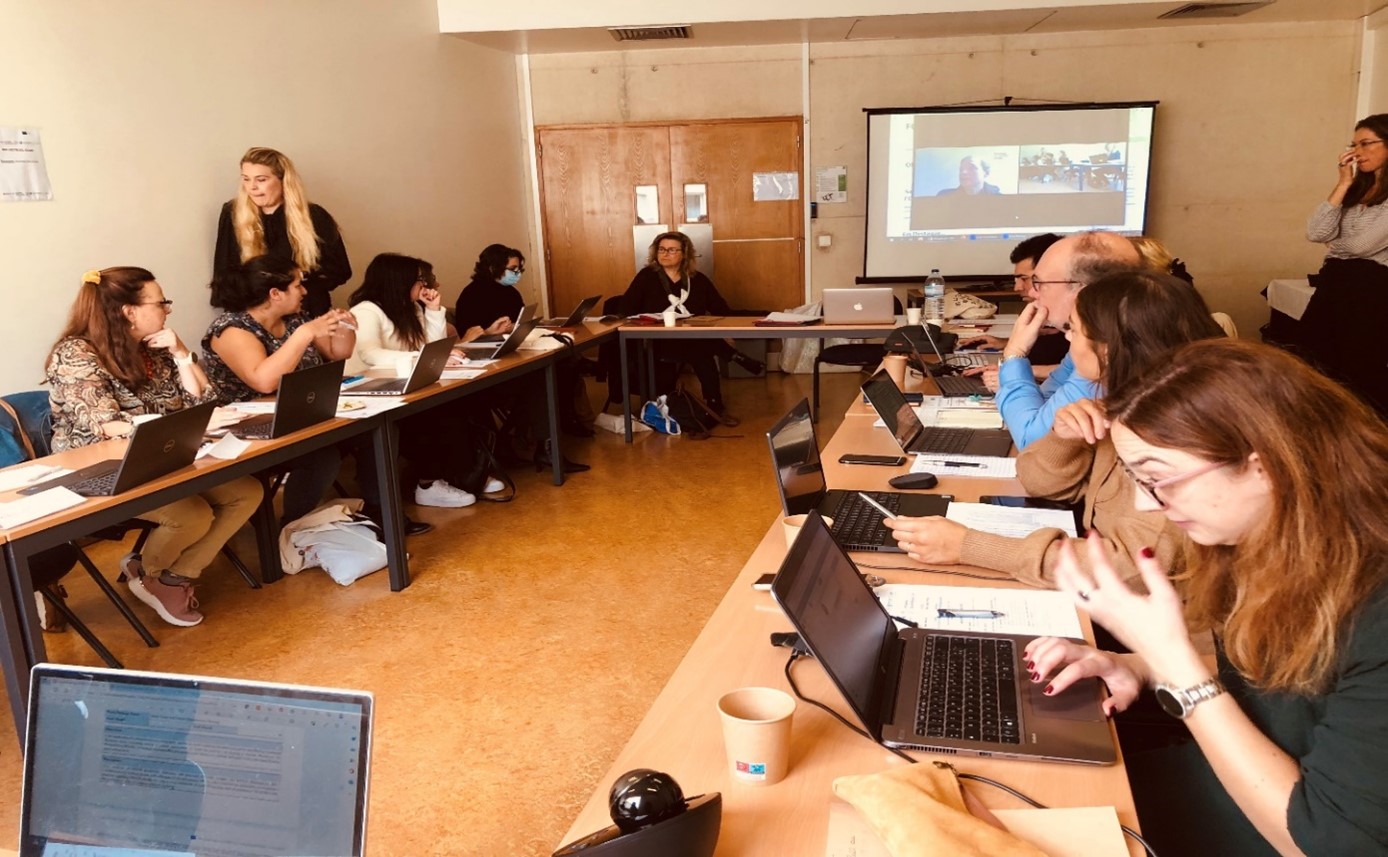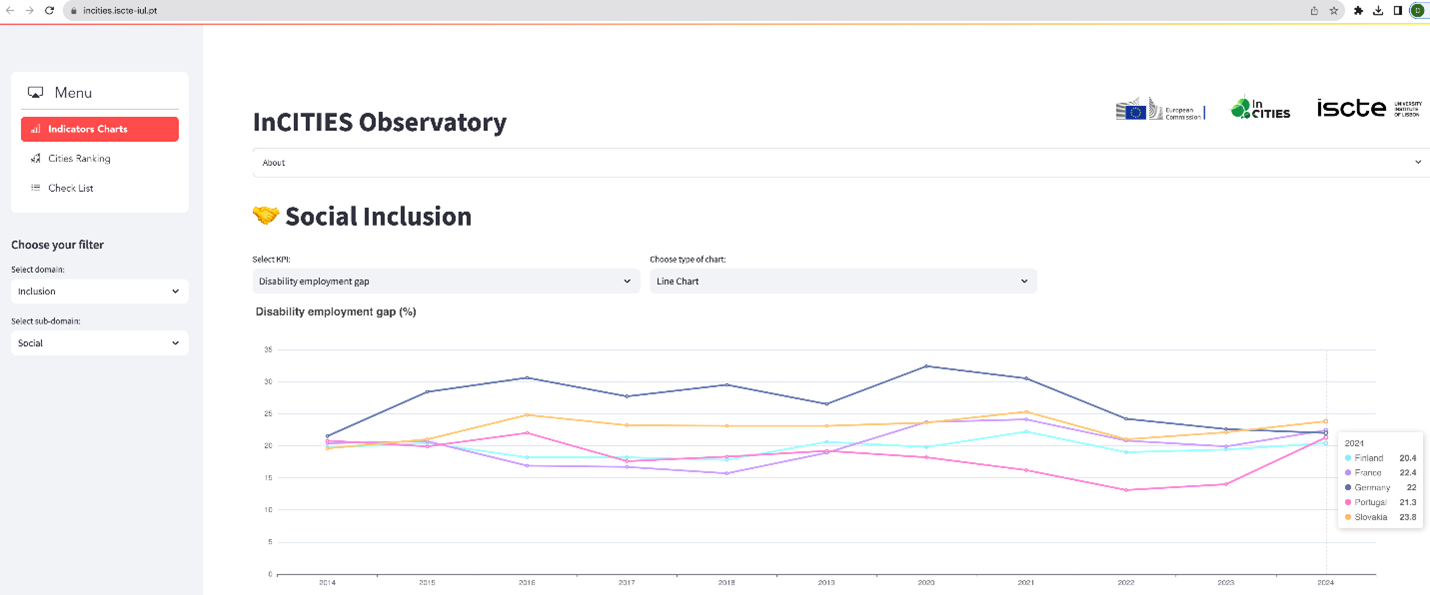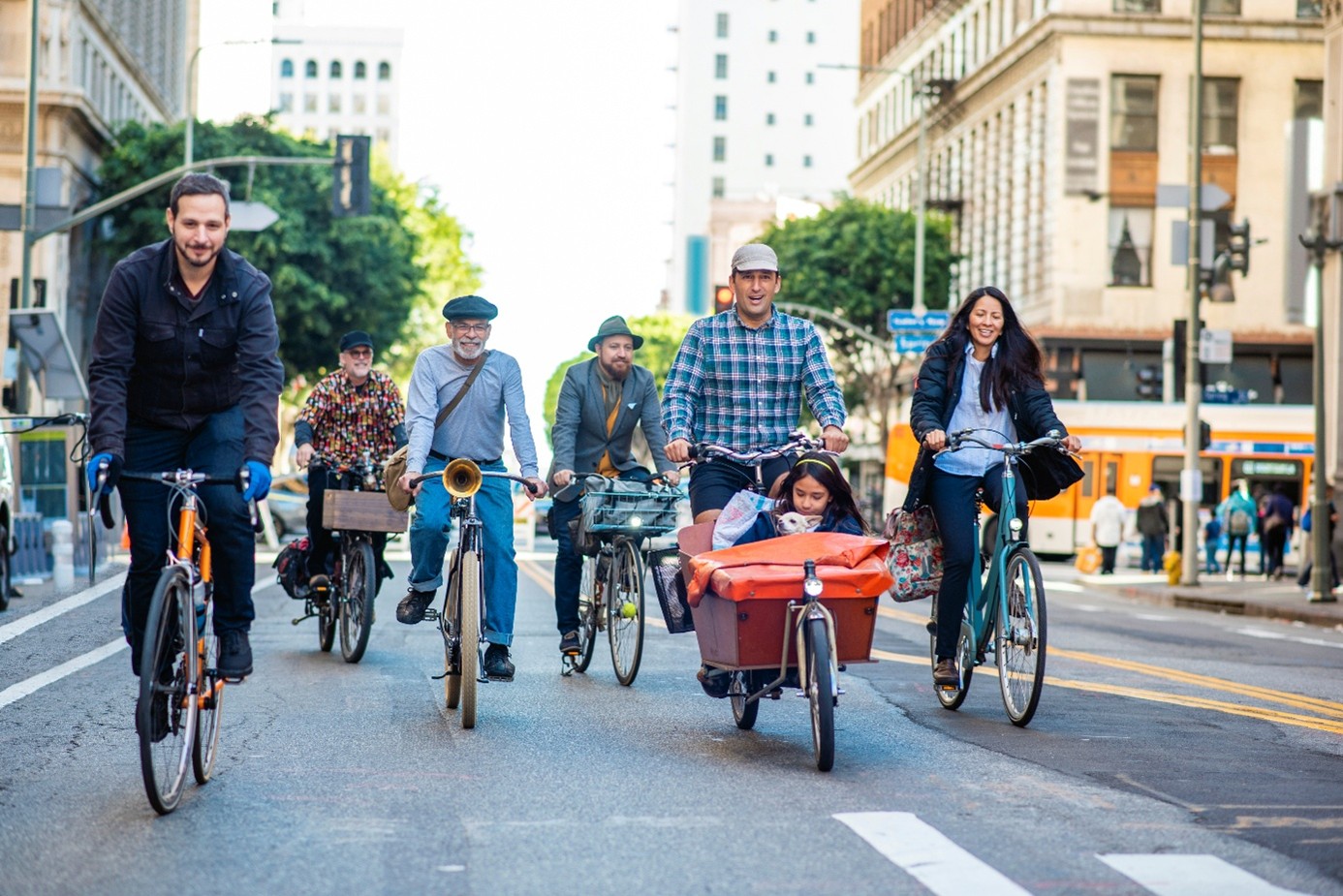Project coordinator organized the first blended (i.e., physical & online) project meeting on 17-18 November 2022 at Iscte in Lisbon. Representatives from partner countries participated in the meeting and contributed to the presentation and discussion of the ongoing actions, launching activities, and decisions on different InCITIES Work Packages (WPs).
Maria das Dores Guerreiro, Vice-Rector for Internationalization of Iscte, welcomed all attendees. After her welcoming message, the project’s consortium considered the progress of the project activities within all seven WPs. WP leaders made presentations regarding implementing the project’s scheduled tasks and the roles and responsibilities of each beneficiary.
The first WP discussion was devoted to WP3, Talent scout and career opportunities strategy. Mirjam Heetkamp from TH KÖLN described task 3.1, Analysis of HRS4R guidelines, strategies, and practices and answered several questions regarding the preparation process for the analysis of the HRS4R. Also, she invited partners to attend the WP3 kick-off meeting at TH KÖLN to follow up on the HRS4R analysis and discussion of HRS4R best practices. The second presentation was about ongoing activities of WP4, Actions towards equality, diversity & inclusion (EDI). Merja Liskola (LAUREA), Karoliina Nikula (LAUREA), and Joelle Coutinho (TH KÖLN) presented the preliminary work done in task 4.1, Assessment of the EDI situation. Each partner exposed their university’s processes and actions regarding EDI. The partners also discussed the subsequent step, namely, how to organize the EDI survey.
The last presentation of the first day was about WP5 – Addressing enablers and barriers to integrating the InCITIES partners. Catarina Ferreira da Silva (Iscte) presented the goals and content of task 5.1, Strategizing education and research alliance. The partners thoroughly considered different aspects of implementing the WP5 due tasks and agreed to identify potential course units from their institutions that can integrate a potential common pool of multidisciplinary courses to be offered to all partners’ students. Besides, the partners decided to prepare a life-wide learning micro-credentials joint plan. In this context, Conrad Lyaruu (LAUREA) presented the Blended Intensive Program (BIP) with the involvement of three of the consortium partners (Iscte, TH KÖLN, and UNI-EIFFEL) in social work, sustainability, and service design.
The second day of the project meeting started by discussing WP2 activities, mainly task 2.1, Knowledge hub building. Claude Marin-Lamellet (UNI-EIFFEL), the WP2 leader, explained all seven thematic areas (Questioning urban transitions, Nature in the city, Energy in the city, Vulnerability, Inclusion, and Health in the city, Mobility, Digital transition, Sustainable and resilient cities). As the first step, all beneficiaries have been asked to designate the researchers from their institutions in each thematic HUB. The knowledge hub-building process will be resumed by organizing a workshop at UNI EIFFEL, where participants will contribute to identifying gaps and synergies between the research activities developed by the project’s members.
Discussions were followed by a presentation on capacity-building actions on the Learning by Developing (LbD) pedagogical model in inclusive, sustainable, and resilient (ISR) cities. In this part, Yannick Cornet (UNIZA), WP6 leader, presented the implementation process of both task 6.1, Deployment and scalability design for the LbD activities, and task 6.2, Knowledge base for ISR cities. As fulfilment of the experimental implementation of LAUREA’s LbD model across InCITIES requires special arrangements among potential stakeholders of the project (e.g., academic staff, students), the WP6 team agreed to conduct regular monthly online meetings monitoring the appropriate implementation of the WP6 tasks.
Concerning WP7, Communication, dissemination, and exploitation, Shahab Khormali from UNIZA presented proposals for the InCITIES website (task 7.3) and InCITIES logotypes (task 7.4). Considering different design features and the main content of the project, the partners provided constructive feedback to enhance the design of the project’s website. Furthermore, representatives of the project beneficiaries contributed to choosing the project’s logo.
As the last item on the meeting agenda, Catarina Ferreira da Silva (Iscte) presented an overview of the ongoing project’s coordination tasks within WP1, Project coordination and management. The main content structure of deliverable D1.1, Management guidelines handbook, was assessed by the partners where Joelle Coutinho (TH KÖLN) and Karoliina Nikula (LAUREA) suggested the addition of a section on Ethical principles. At the end of the meeting, participants agreed to set the next Management Board meeting (online) for the 2nd week of January 2023.





